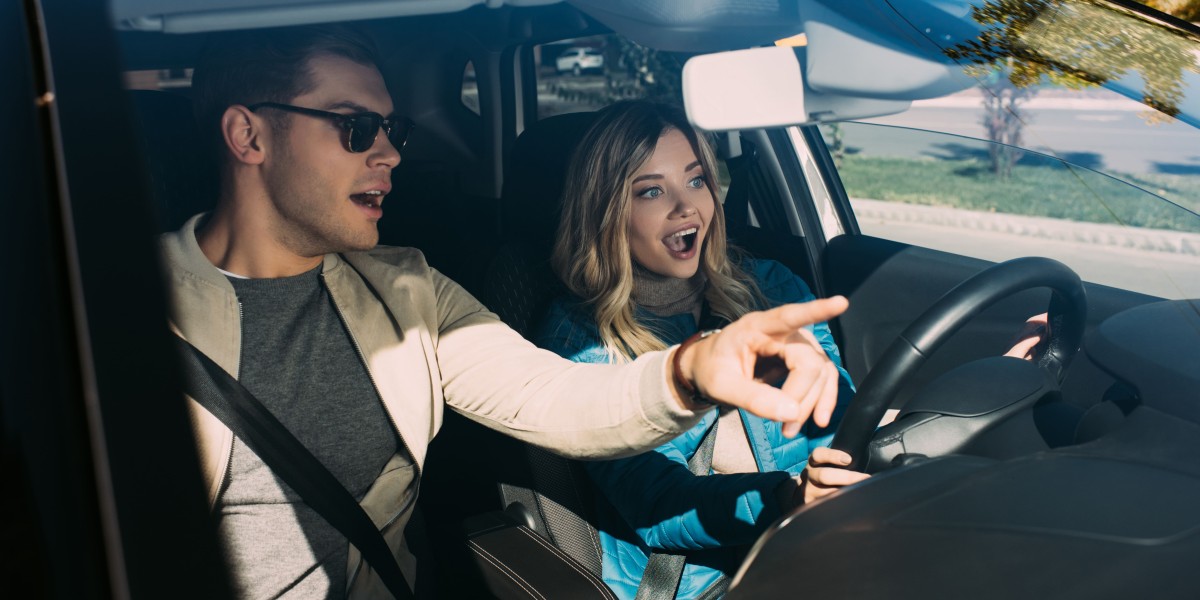Understanding the UK Driver's Licence: A Comprehensive Guide
Acquiring a driver's licence in the United Kingdom is a substantial turning point for numerous people. It not just symbolizes self-reliance but likewise supplies higher flexibility in personal and expert elements of life. This short article intends to offer an in-depth summary of the UK driver's licence, consisting of how to apply, various types of licences, and various regulations related to driving in the UK.
Introduction of the UK Driver's Licence
In the UK, a driver's licence is a main file that permits an individual to run motor automobiles on public roadways. The driving licence system in the UK is structured and managed by the Driver and Vehicle Licensing Agency (DVLA).

Types of UK Driver's Licences
The UK provides several kinds of driving licences, each customized for different categories of cars. These consist of:
Provisional Licence:
- Age Requirement: Minimum of 17 years
- Allows students to drive under particular conditions.
- Can not drive without a certified driver accompanying them.
Full Licence:
- Issued as soon as an individual has passed both the theory and useful driving tests.
- Various categories available based upon lorry types:
- Category B: Cars
- Classification A: Motorcycles
- Category C: Large products cars
- Category D: Buses
International Driving Permit (IDP):
- Required for driving in some foreign nations.
- Released to UK licence holders at Post Office branches.
Temporary Licences:
- For individuals who may have lost their licence or are waiting for updates on their present licence.
The Application Process for a UK Driver's Licence
Obtaining a driver's licence in the UK involves numerous actions, whether for buy a driver license provisional or full licence. Here are the vital actions in information:
Step 1: Obtain a Provisional Licence
- Eligibility: Individuals must be at least 17 years old to apply.
- Application: Applications can be made online via the DVLA site or through paper forms offered at post workplaces.
- Files Required:
- Proof of identity (passport or another official ID).
- National Insurance number (if available).
- A postal address in Great Britain.
Action 2: Study for the Theory Test
- Material: The theory test includes multiple-choice concerns and a hazard understanding test.
- Preparation: Various resources are offered, consisting of online courses, apps, and books that help in preparation.
Action 3: Pass the Theory Test
- The theory test must be cleared before trying the useful driving license online test.
Step 4: Practical Driving Test
- Learning and Instruction: An individual can take driving lessons with a licensed instructor or discover with an authorized accompanying driver.
- Reserving the Test: Once positive in driving abilities, prospects can schedule their practical test online.
- Test Components: The dry run evaluates driving abilities, maneuvers, and real-world driving conditions.
Step 5: Receiving the Full Licence
- After successfully passing the useful driving test, the DVLA will issue a full driving licence, which permits individuals to drive independently.
Rules and Regulations
Keeping a legitimate driving licence in the uk driving licence online requires adherence to a number of guidelines and policies:
- Renewal: Licences need to be restored every 10 years. Renewal can be done online or via paper application.
- Points System: The UK employs a charge points system. Specific traffic offences result in points being added to a driver's licence, which can lead to serious effects if the build-up surpasses a specific limit.
- Medical Conditions: Drivers must inform the DVLA of any medical condition that could impact their ability to drive.
Typical Challenges in Obtaining a Licence
Getting a driver's licence can often be challenging. Here are some common difficulties dealt with by striving drivers and suggestions on how to tackle them:
- Nervousness During Tests: Many candidates experience stress and anxiety during their theory or useful tests. It is a good idea to take mock tests or participate in session to build self-confidence.
- Failure to Pass Tests: If an individual fails their tests, they can retake them after a specific waiting period. Preparing with additional driving lessons or research study products can assist in subsequent attempts.
- Understanding Rules: The intricacies of roadway rules and guidelines might be frustrating. Enrolling in a respectable driving school can offer clearness and insight into these guidelines.
FAQ Section
1. For how long does it take to get a driving licence in the UK?The timeline differs based on the individual's learning speed. On average, achieving buy a uk driving licence full licence can take a couple of months, consisting of learning time and the waiting duration for tests. 2. Can I drive while awaiting my full
licence?You can drive with your provisional licence if accompanied by a certified driver who is at least 21 years of ages and has actually held a full licence for 3 or more years. 3. What do I do if I lose my driving licence uk licence?You can get a replacementlicence through the DVLA site or through post, providing necessary recognition and paying the needed fee. 4. Just how much does it cost to get a driver's licence in the UK?Costs can differ significantly however generally consist of application costs , the theory test fee, useful test charges, and driving lessons. In general, it may amount to countless pounds, depending on private scenarios. 5. Exists a minimum variety of lessons I need to take?There is no main minimum variety of lessons mandated. Nevertheless, taking lessons till you feel positive is suggested. Getting a driver's licence in the UK is a gratifying procedure that opens the door to movement and flexibility. By understanding the actions involved, the kinds of licences readily available, and the policies governing driving, prospective drivers licence Uk can navigate the system effectively. Whether one is a student or a knowledgeable driver, staying notified on the current regulations and finest practices is important to make sure safe and responsible driving within the UK.







